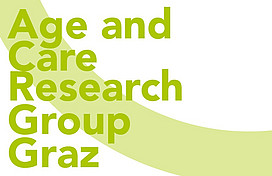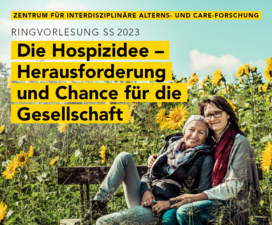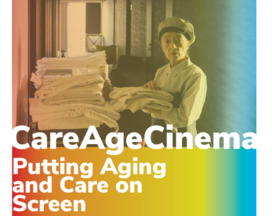Philosophical Practice in Palliative Care and Hospice Work. The Role of Philosophical Reflection for Developing Caring Cultures and Death Literacy
Philosophical Practice in Palliative Care and Hospice Work
The Role of Philosophical Reflection for Developing Caring Cultures and Death Literacy
It is the aim of palliative care and hospice work to improve the quality of life of the dying and their relatives. As they are immediately confronted with death and existential loss, the dying and their relatives are confronted with philosophical questions that break through with great urgency and clarity. It is thus of no surprise that a famous definition of philosophy by Karl Jaspers locates the deepest origins of philosophizing in such borderline situations. The confrontation with death makes clear that philosophizing is not an elitist affair. This is emphasized by the movement of "Philosophical Practice", which is the lens through which we pursue the question of how to improve the quality of life of the dying and their relatives by palliative care and hospice work in this research project. Philosophical Practice developed from the idea that theoretical philosophy and lived, experienced philosophical questions are two sides of the same coin. Philosophical theorization and lived experience should thus benefit from each other. The confrontation with Death and how to deal with the awareness of death has been one of the main topics of philosophical thought. To date, however, we find little Philosophical Practice anchored in palliative care and hospice work. Our research project therefore seeks to answer the questions, What does Philosophical Practice contribute (already actually and potentially) to the development of a hospice care culture in our society?, and, What is the significance of Philosophical Practice for end-of-life care? Furthermore, we explore the activities and experiences of philosophical practitioners in relation to the topics of dying, death and mourning. Building on the insights gained, we develop concrete experimental models of everyday philosophizing in a participatory way with people from the field. The insights gained through this research project will therefore support the development of a caring society in both theory and actual care practice.
Project duration: 15 December 2022 – 14 December 2025
Project management: Dr. Patrick Schuchter
Team: Associate Professor Klaus Wegleitner, Stefanie Rieger, M.A., Mag. Sandra Radinger, BA






